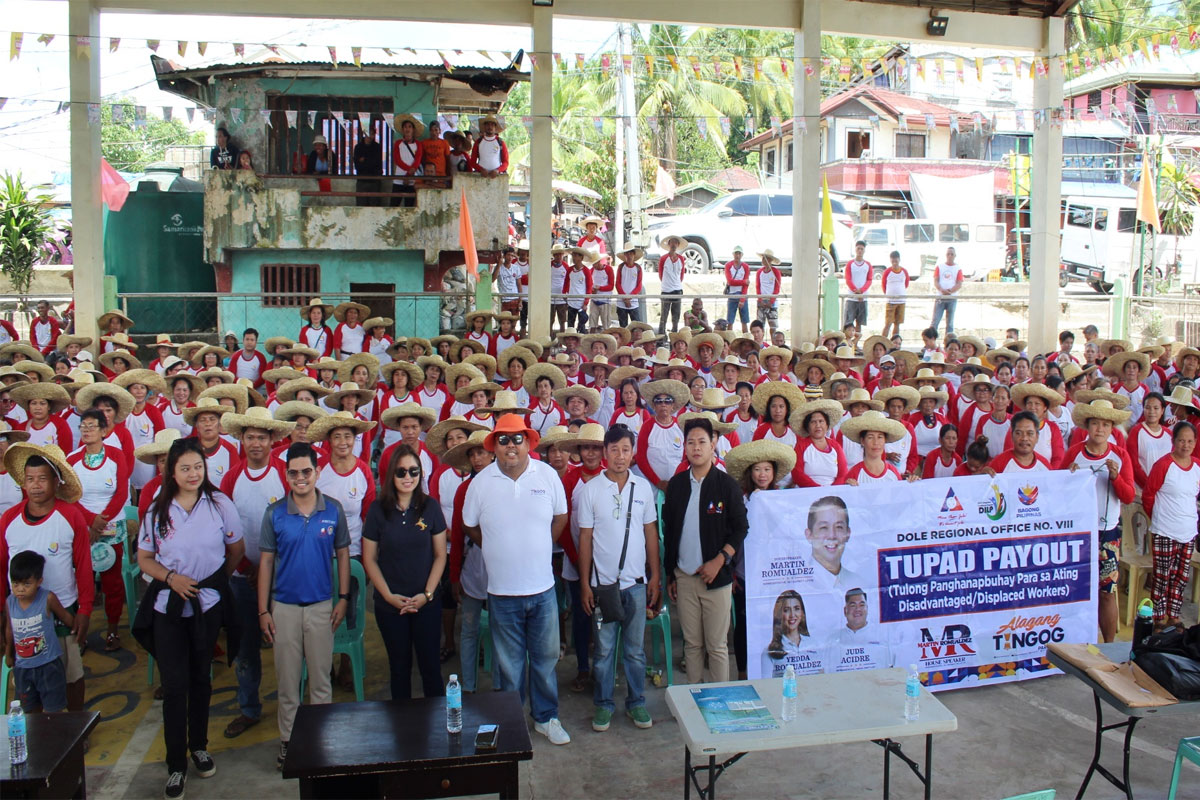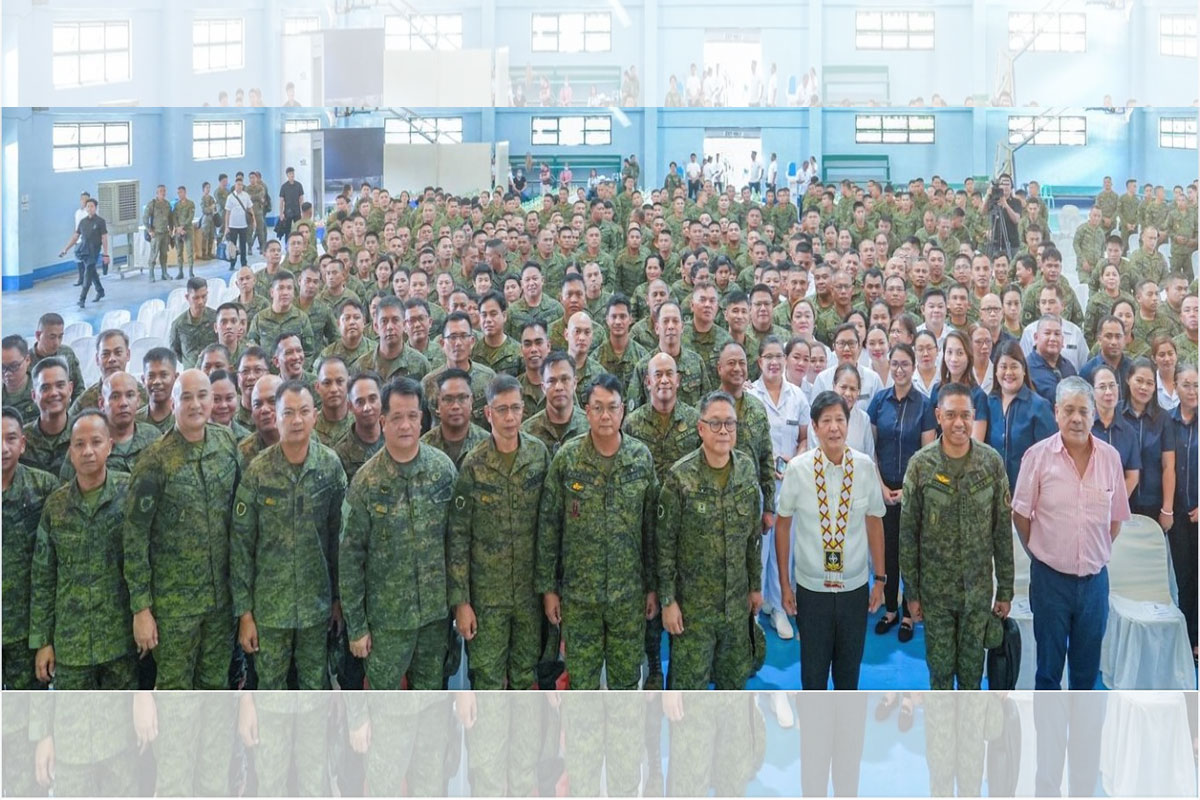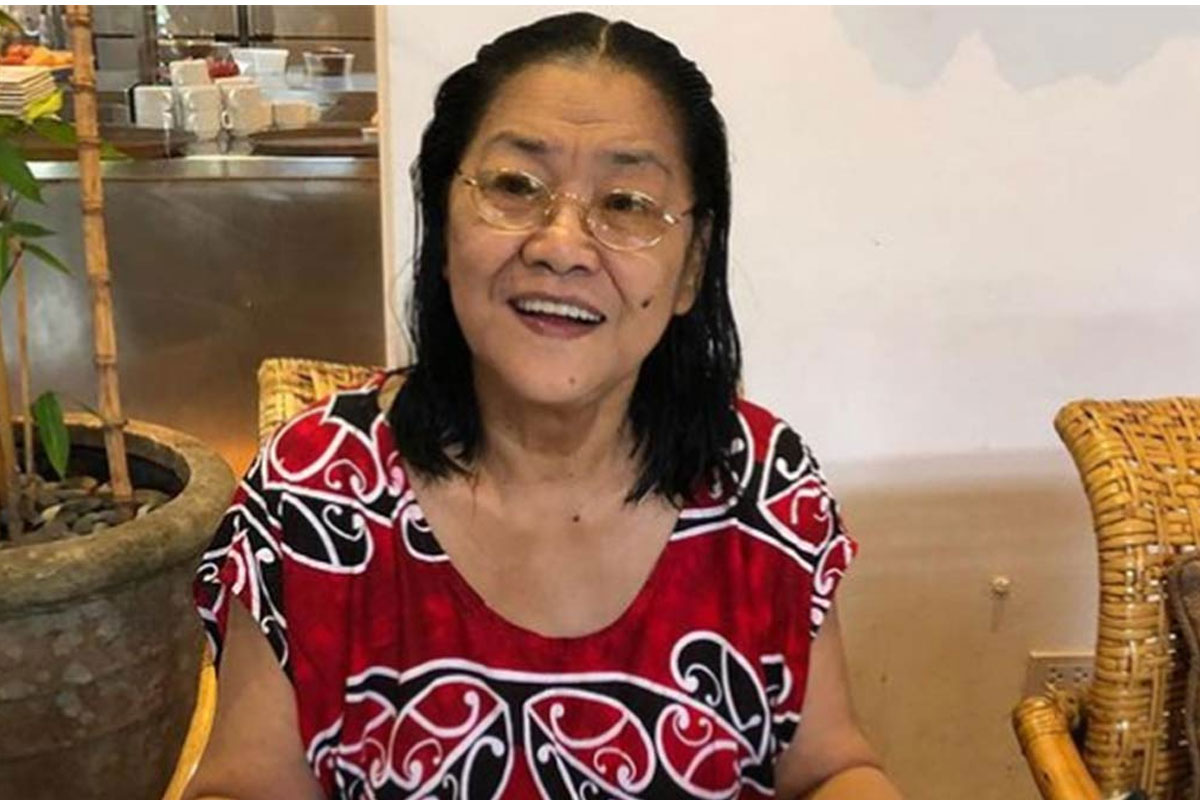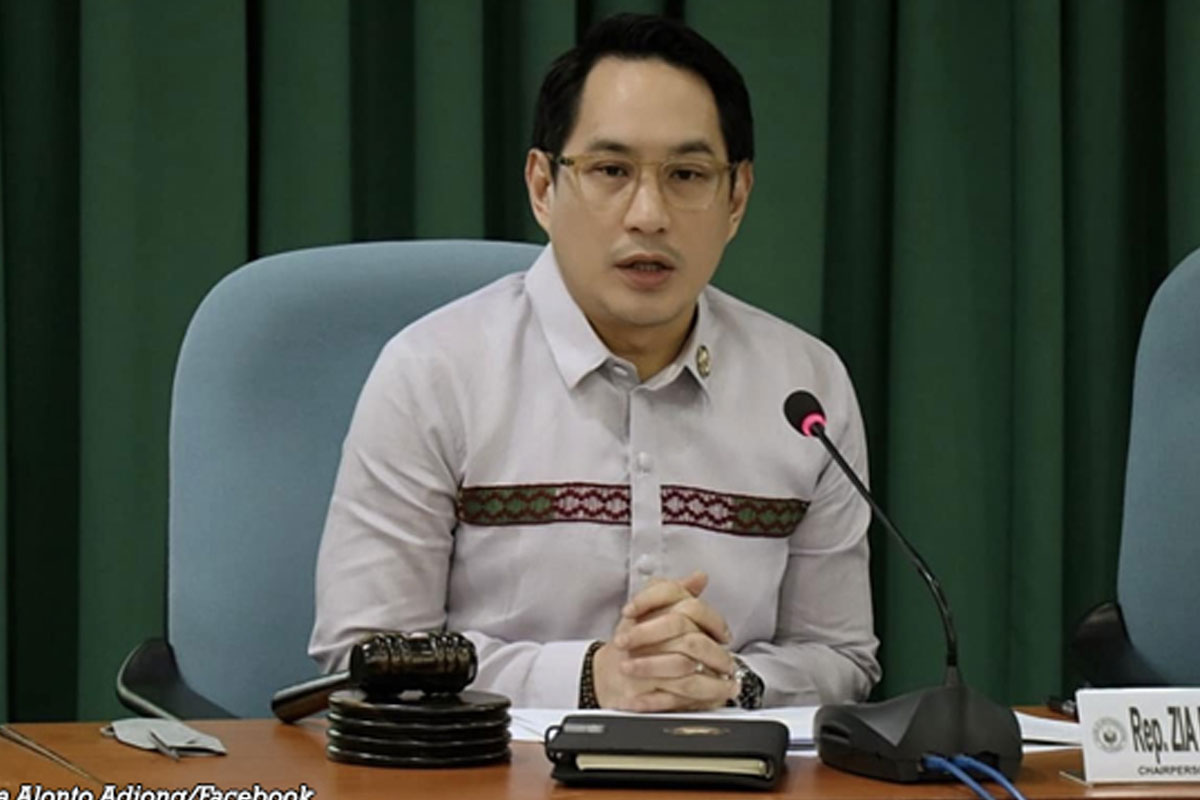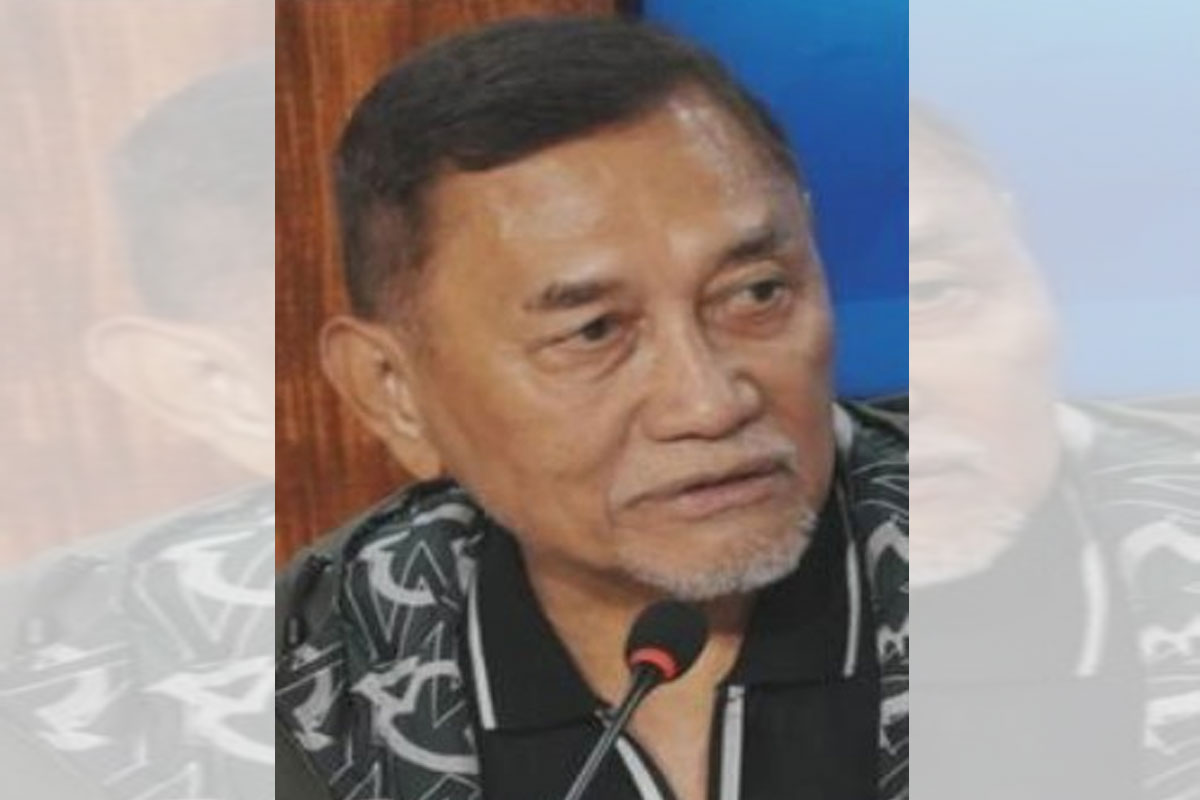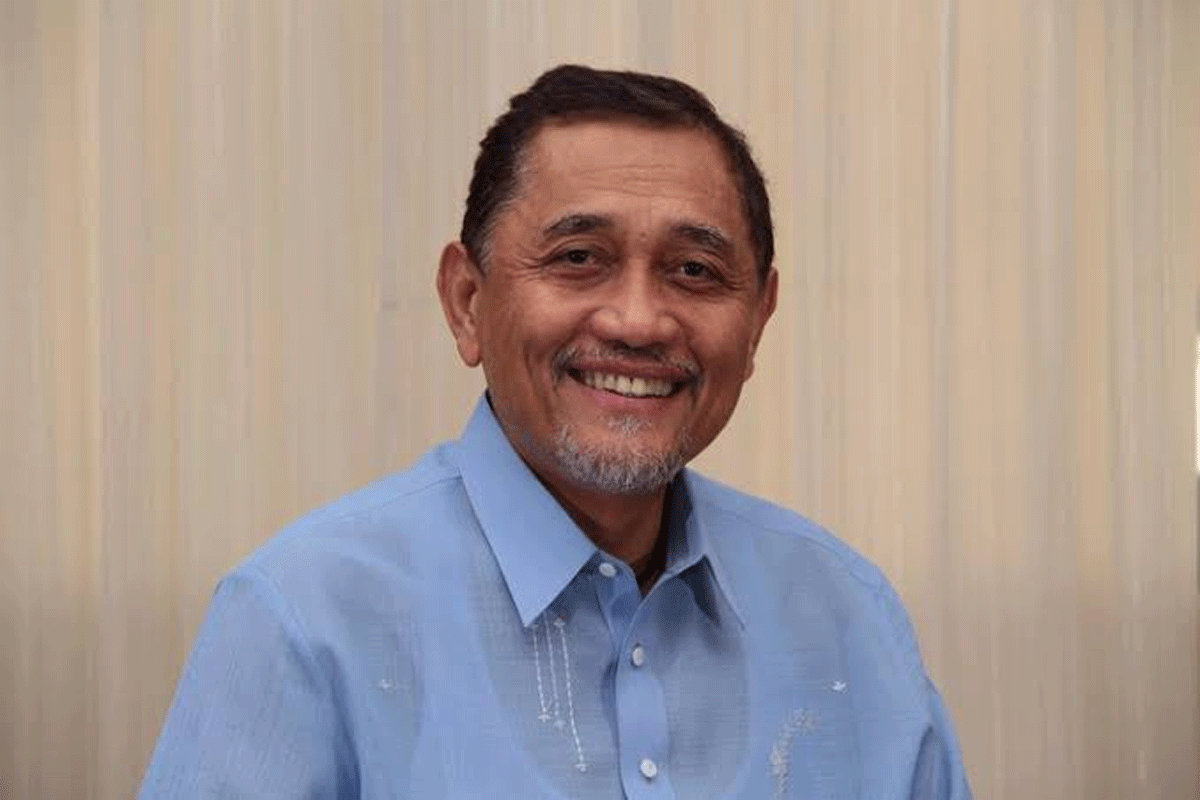
Special hospital for elderly pushed
A lawmaker underscored the need to have special hospital for the aged.
Manila Rep. Bienvenido Abante Jr. made the call following the pronouncements of the Commission on Population on Development (CPD) that the country will have an aging population by the year 2030.
An aging population refers to the increase in the percentage of those aged 60 years and above in a country.
The CPD is the lead agency tasked with advancing integrated population and development strategies. It works in coordination with the National Economic and Development Authority to develop and implement of population-related programs and strategies in pursuit of socioeconomic development.
“I have long advocated for the establishment of a hospital that focuses on the care of the elderly because population data has shown an upward trend in the number of senior citizens,” Abante said in a statement.
The elderly have unique healthcare needs that require specialized care, Abante said the reason why it is very important to have health facilities for the senior citizens all around the country.
The veteran lawmaker, added that the government should ensure that the Philippine health system is ready to provide specialized healthcare for the elderly as many overseas filipino workers (OFWs) plan to retire in the country after working abroad.
Abante pointed out that in light of the CPD assessment, the House should prioritize the passage of House Bill Number 191 or the Geriatric Health Act, which establishes the National Center for Geriatric Health and Research Institute (NCGHRI) and creates Regional Geriatric Specialty Centers in Department of Health-retained hospitals around the country.
Under the measure, the NCGHRI is mandated to: (1) serve as an apex hospital or end-referral facility which shall specialize in geriatric health services; (2) provide and maintain affordable, quality, and timely people- centered hospital care through an efficient health service delivery system for senior citizens; (3) provide higher and up-to-date geriatric training for professionals, postgraduates, academics, and allied healthcare providers; (4) develop and implement cutting-edge research studies on diseases related to old age; (5) provide consultancy service and technical assistance in the setting of standards for geriatric wards in every tertiary level hospital, nursing home, and residential center catering to the health and functioning needs of senior citizens; (6) extend medical services to senior citizens pursuant to the goals, objectives, and rules of the National Health Insurance Program; and (7) provide an integrated and effective approach to the delivery of geriatric health services in collaboration with other government agencies, local government units (LGUs), and other stakeholders.



